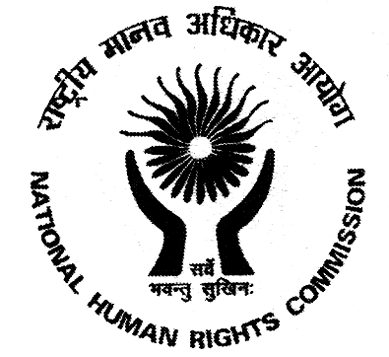To,
Justice (Retd.) H.L. Dattu,
Chairperson,
National Human Rights Commission,
New Delhi, India.
Subject – Intervene Urgently in FCRA Non-Renewal of Centre for Promotion of Social Concerns, End Systematic Attacks on HRDs and Ensure Freedom of Association in India
Respected Chairperson of the Indian NHRC,
We, the human rights defenders from 24 countries gathered in Colombo for the 7th Asian Regional Human Rights Defenders Forum (14-16 November, 2016), urgently request you to intervene in the Foreign Contribution Regulation Act (FCRA) license non-renewal of Centre for Promotion of Social Concerns (CPSC), a prominent human rights organisation known through its program unit People’s Watch. Such systematic attacks on HRDs (in this case CPSC) by the State agencies goes against the spirit of UN Declaration on Rights of Human Rights Defenders 1998 and fundamental rights of association and assembly as enshrined in Article 19 of the Indian Constitution. Many Indian organisations are increasingly coming under such measures by the State.
At this juncture, we would like to draw your attention to the legal analysis of FCRA 2010 submitted to the Government of India in April 2016 by Mr. Maina Kiai – The UN Special Rapporteur on the rights to freedom of peaceful assembly and of association. Mr. Kiai in his analysis has argued that FCRA is not in conformity with international law, principles and standards as the ability of civil society organisations to access resources, including foreign funding, is a fundamental part of the right to freedom of association under international law, standards, and principles – and more particularly part of the right to form an association. He further asserts that India’s limitations on access to foreign funding do not meet “the stringent test for allowable restrictions” under international law and that this test requires that restrictions be (1) prescribed by law; (2) imposed solely to protect national security or public safety, public order, public health or morals, or the rights and freedoms of others; and (3) “necessary in a democratic society.” and hence the FCRA fails on all three prongs of the test. Several other civil society organisations in India have also faced similar situations in the past including an organisation headed by a former United Nations Special Rapporteur.
We through this forum unanimously appeal to the Indian NHRC to intervene in this case of FCRA non-renewal of CPSC. Further, the NHRC should use all its power as enshrined in the Protection of Human Rights Act 1993 and undertake an independent review of FCRA, provide comments on legal analysis by UNSR Mr. Maina Kiai and, based on its review and analysis, intervene in the Supreme Court of India.
Thanking You,
7th Asian Regional Human Rights Defenders Forum
Colombo, Sri Lanka




